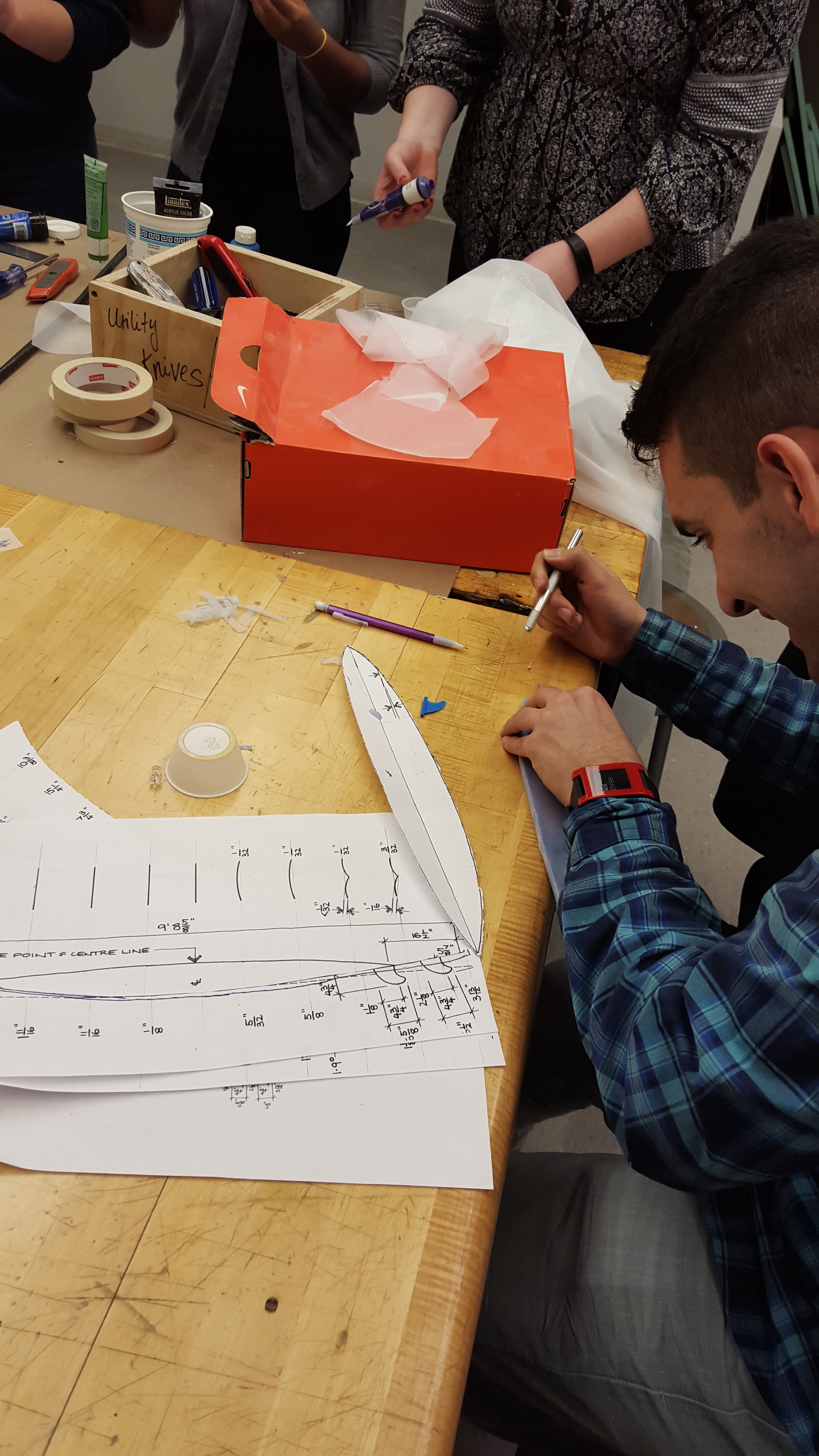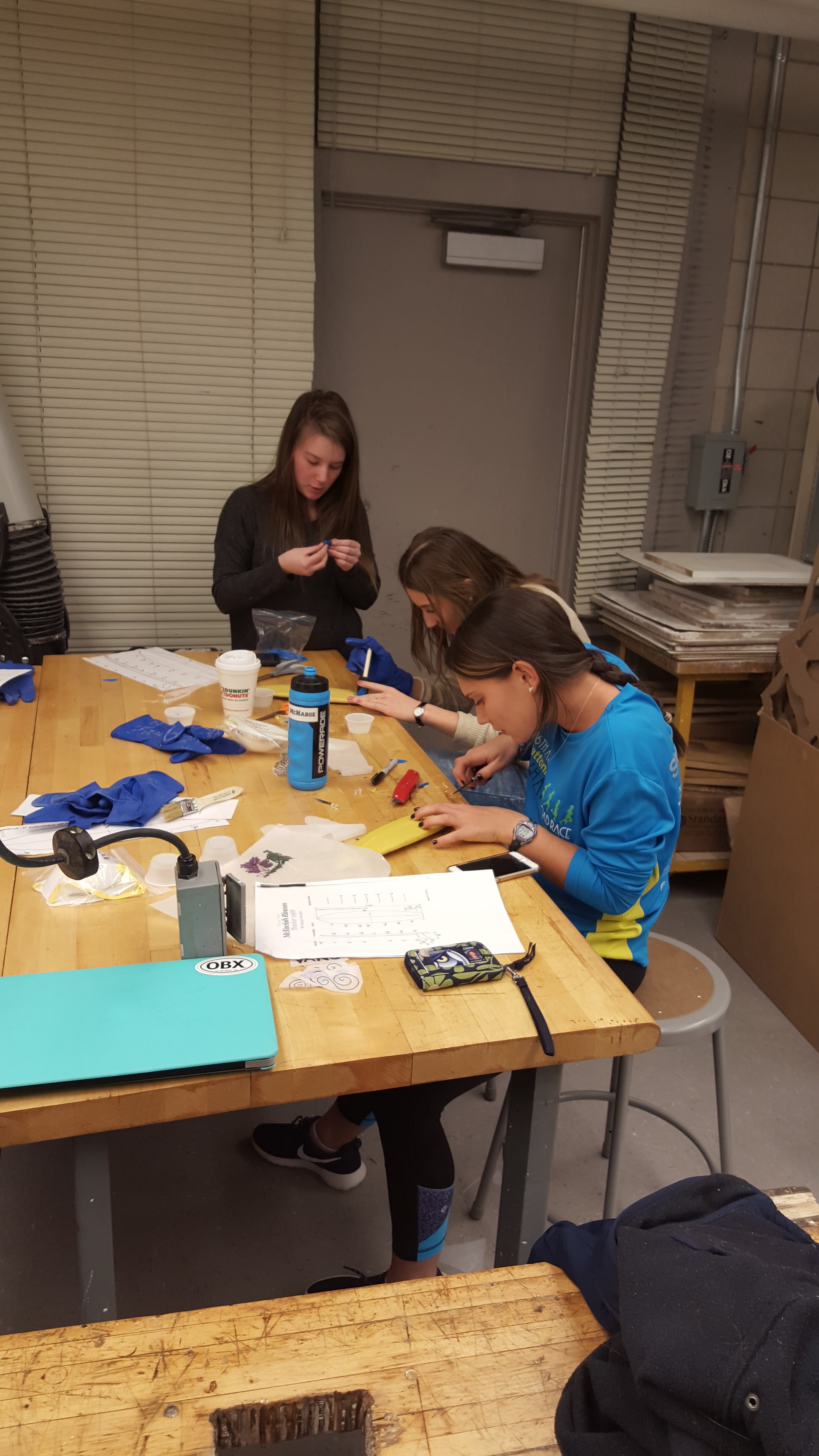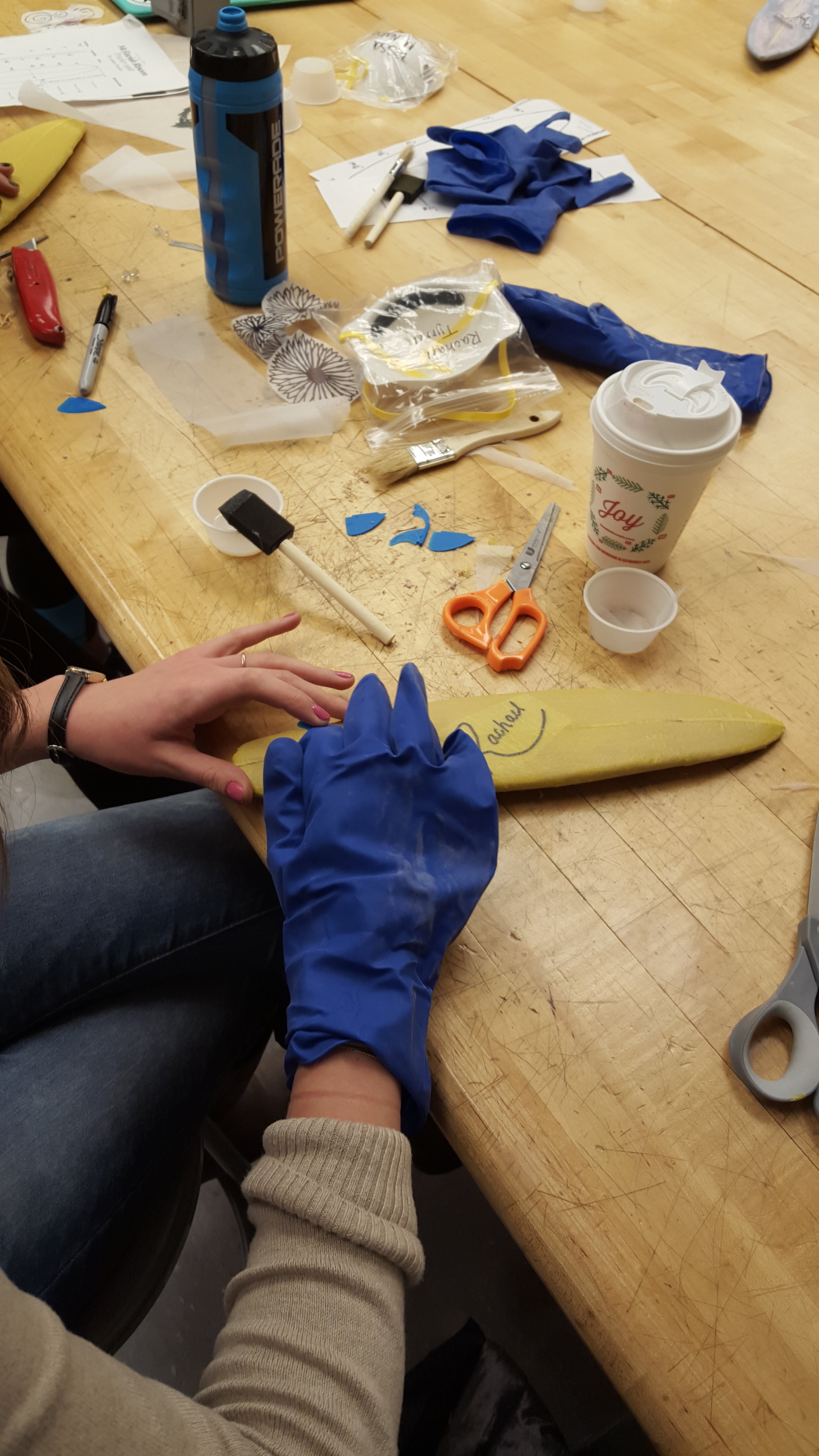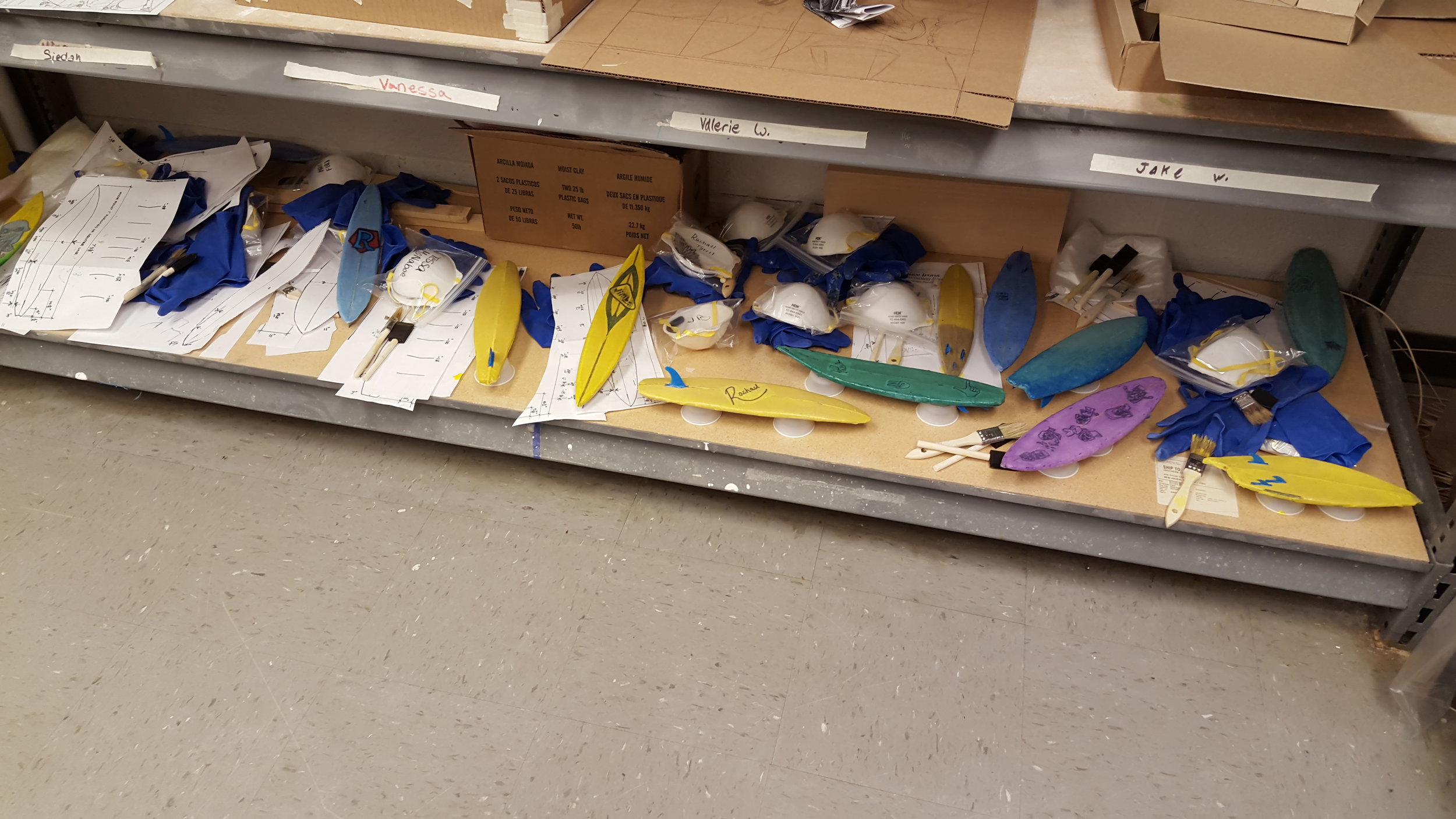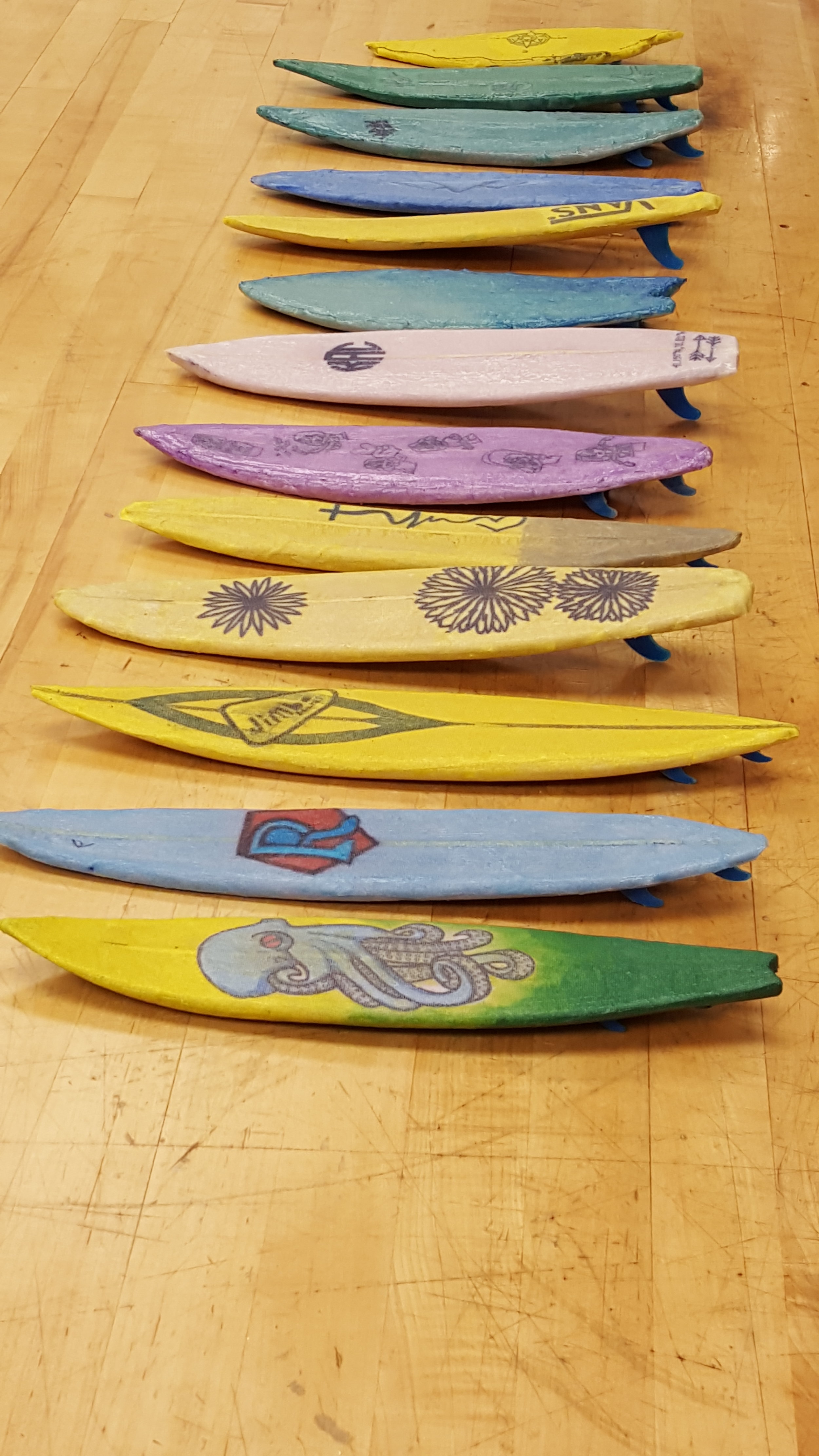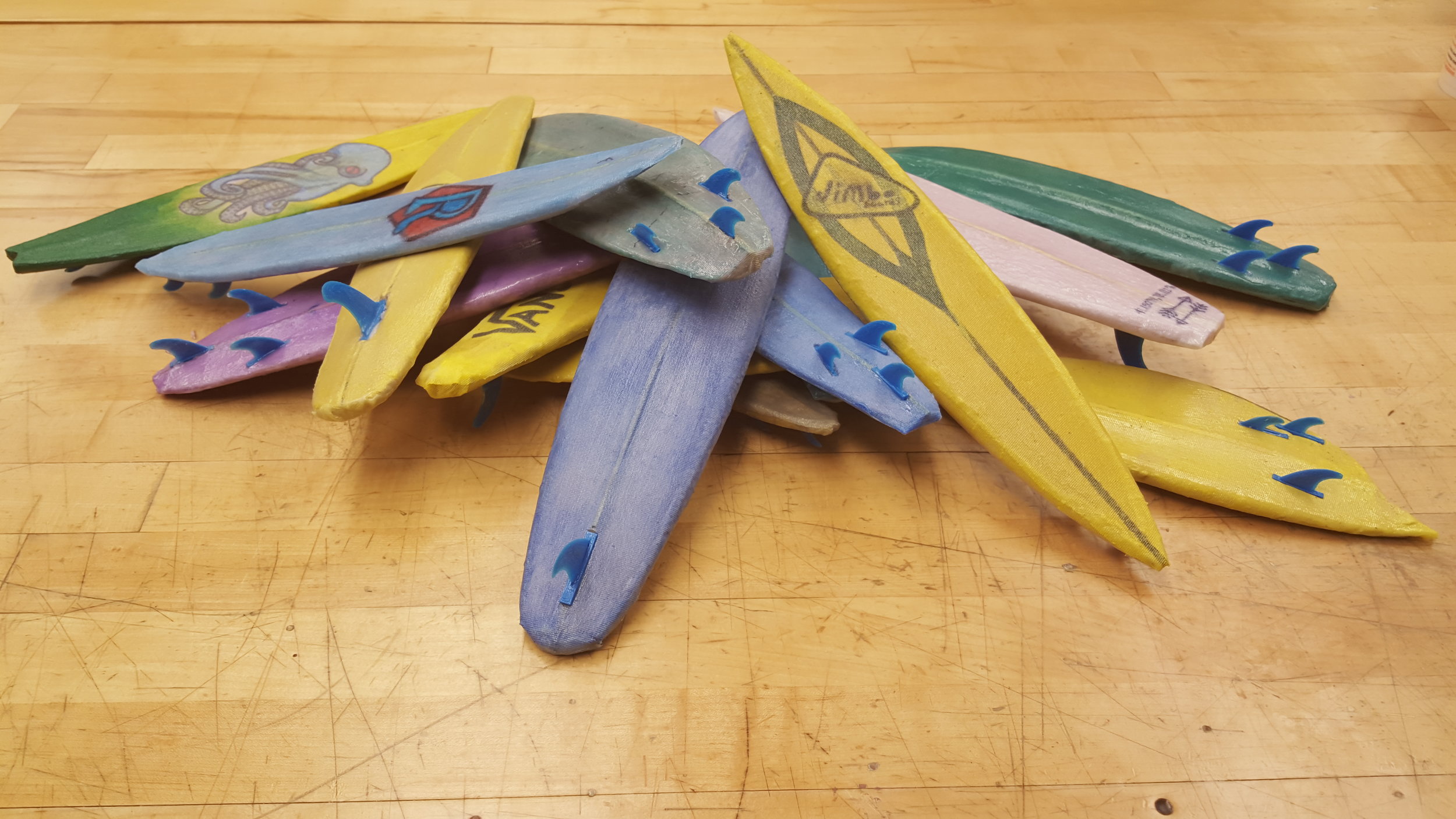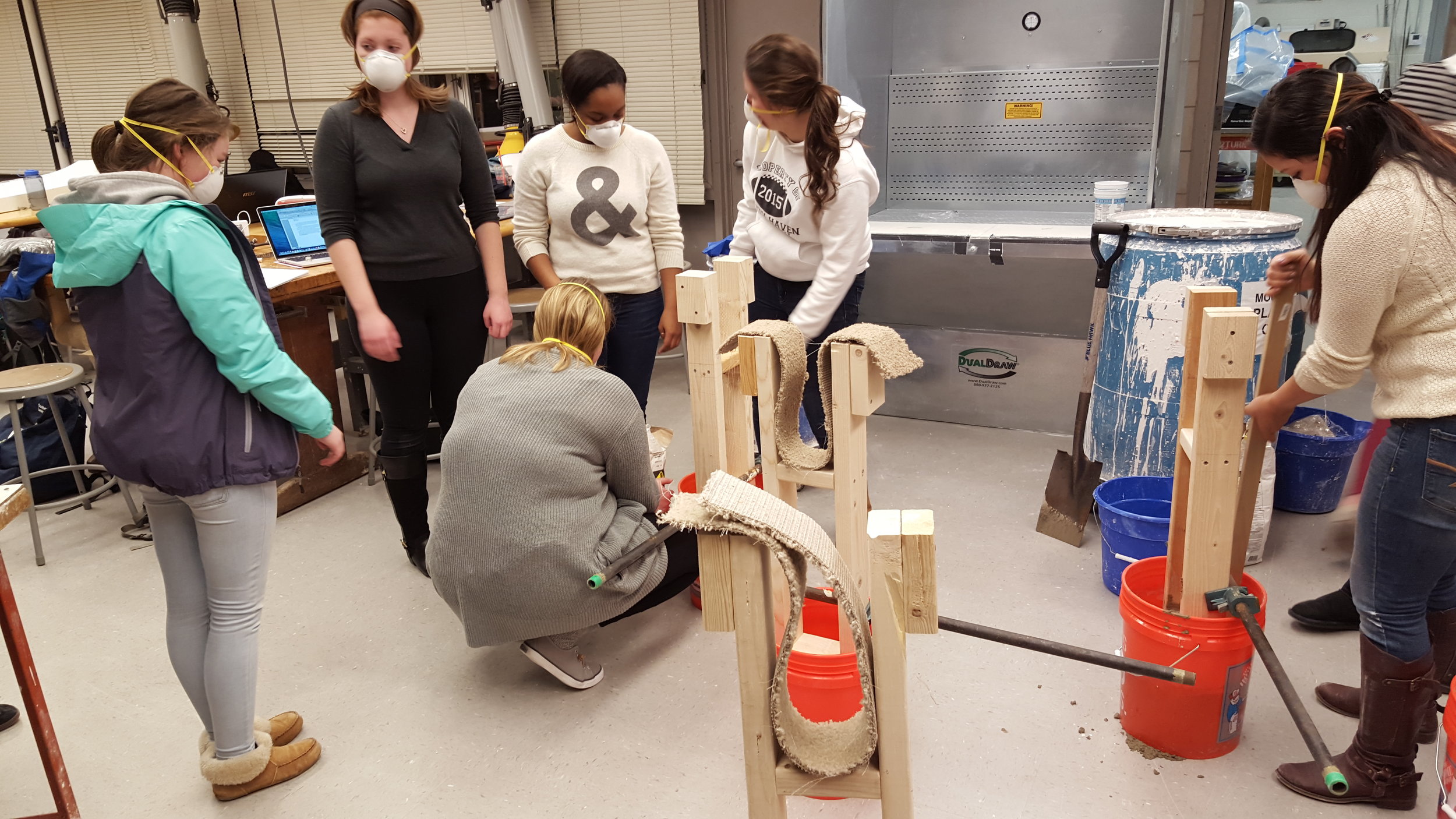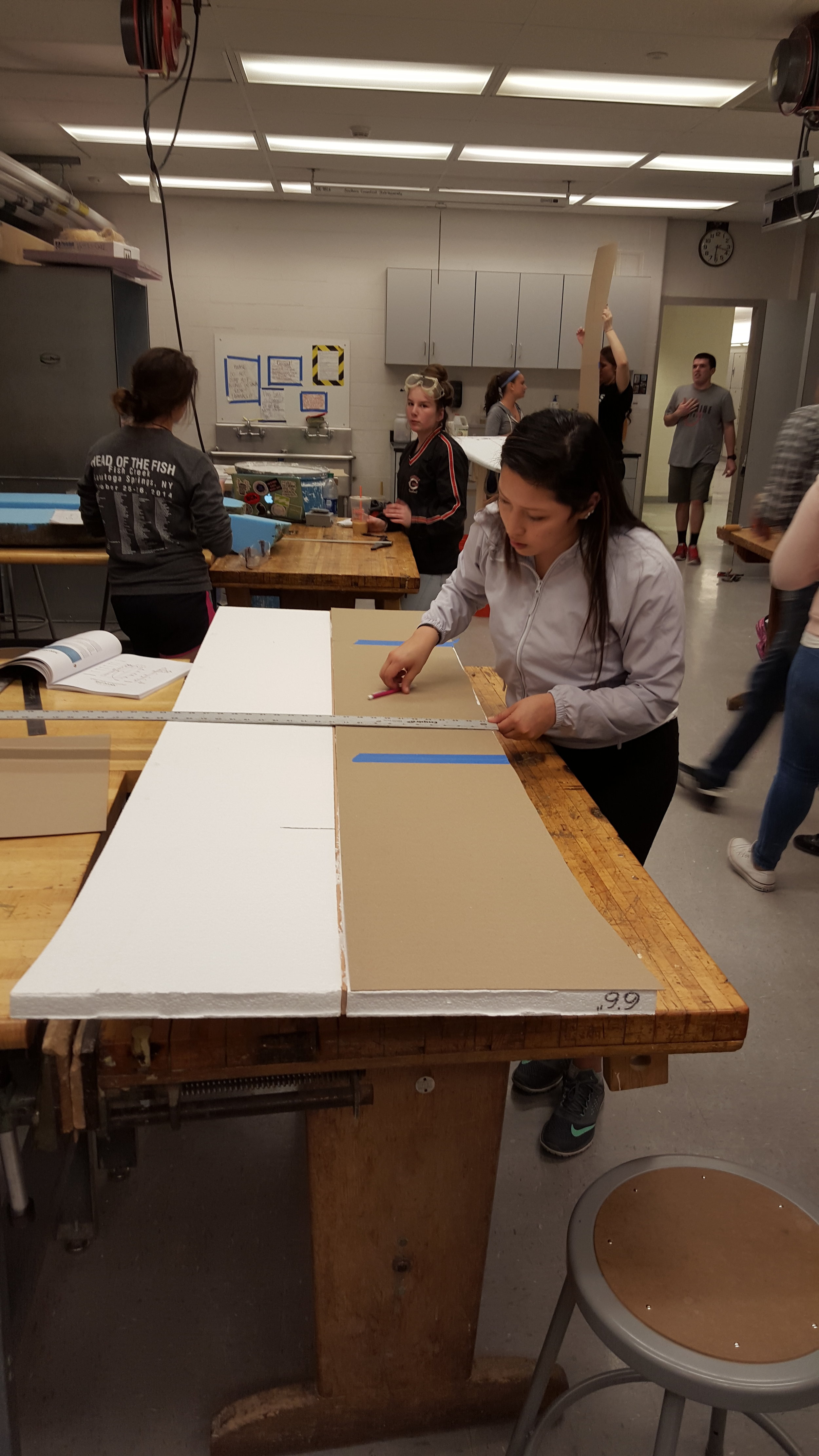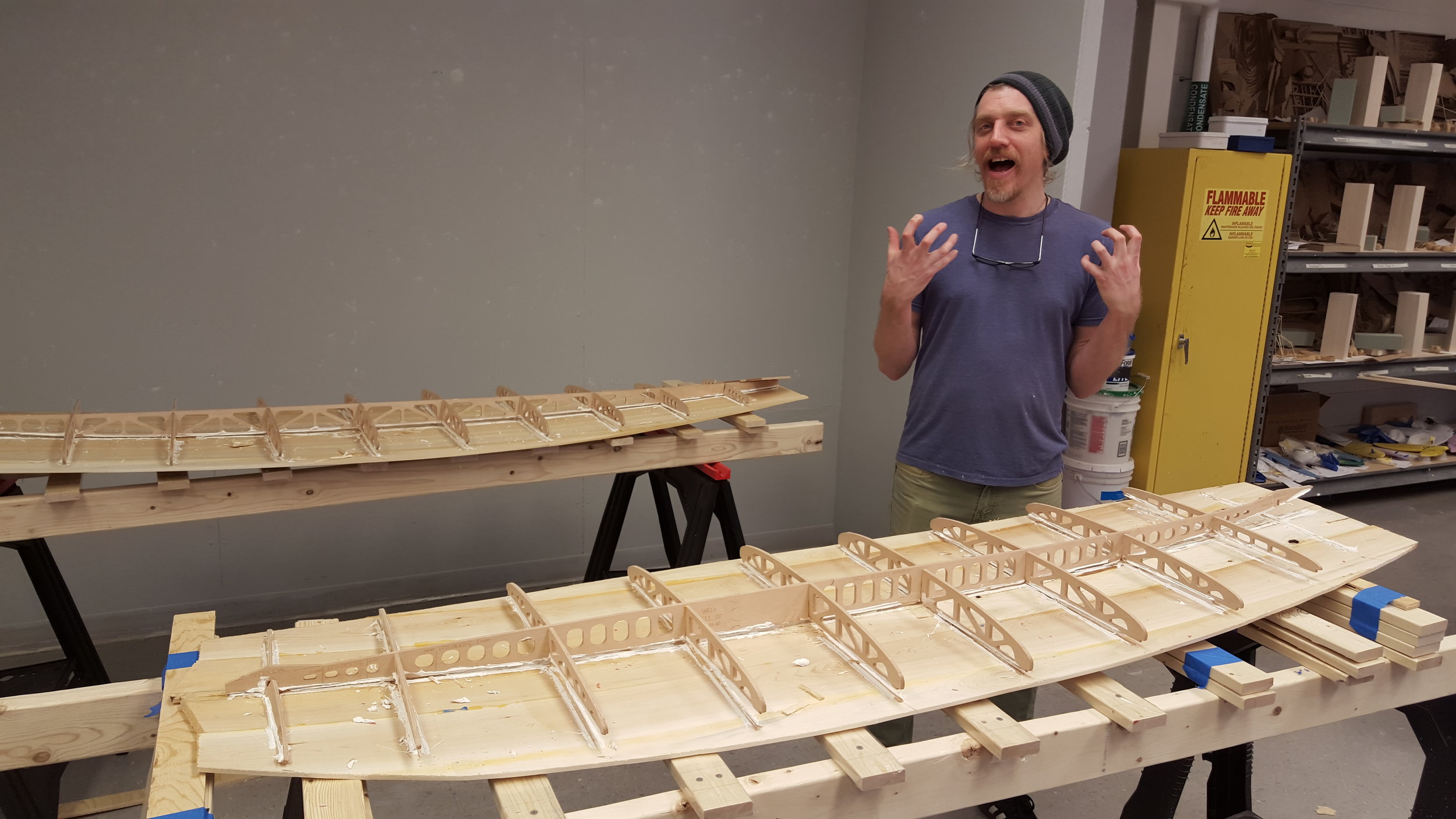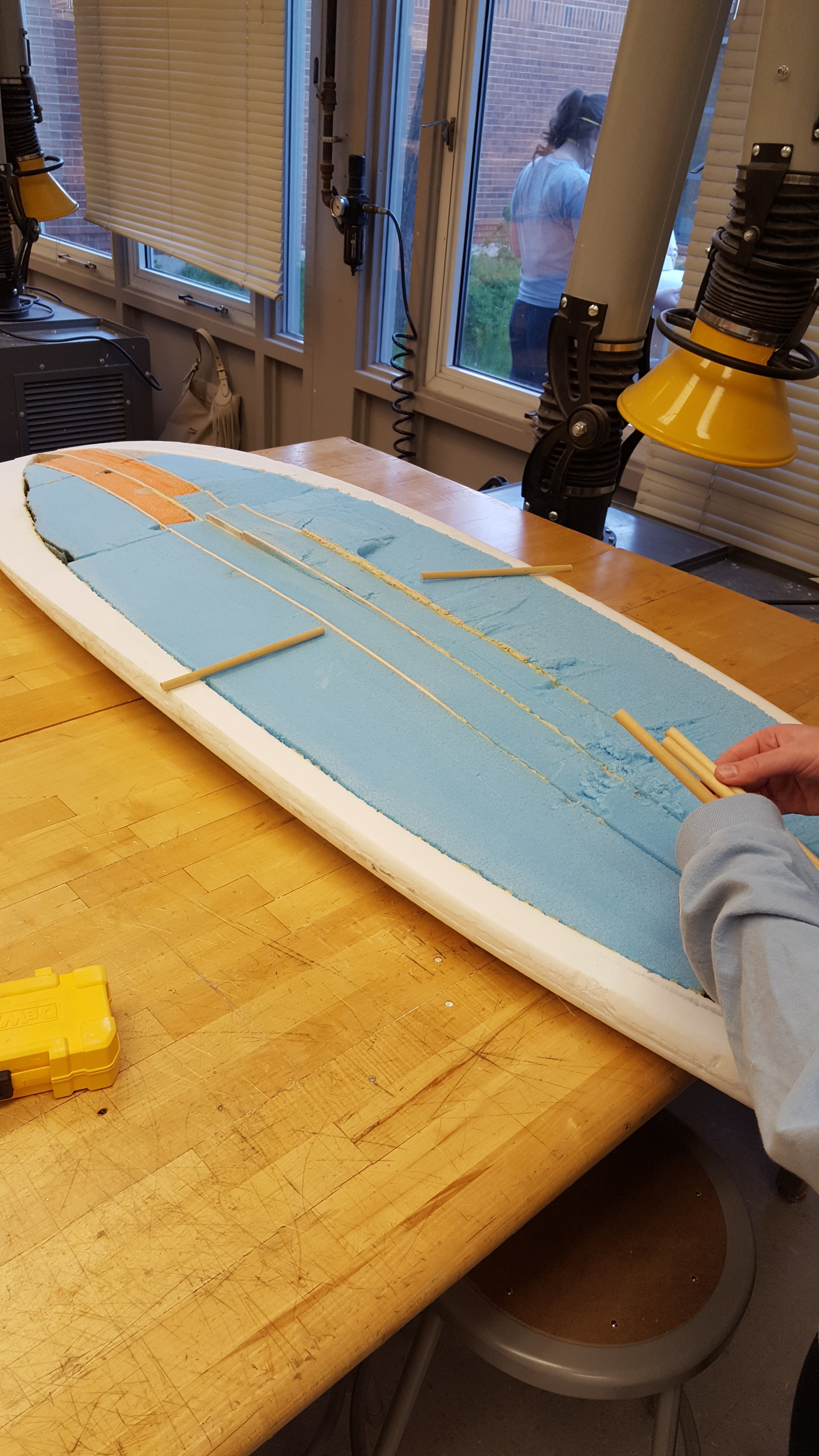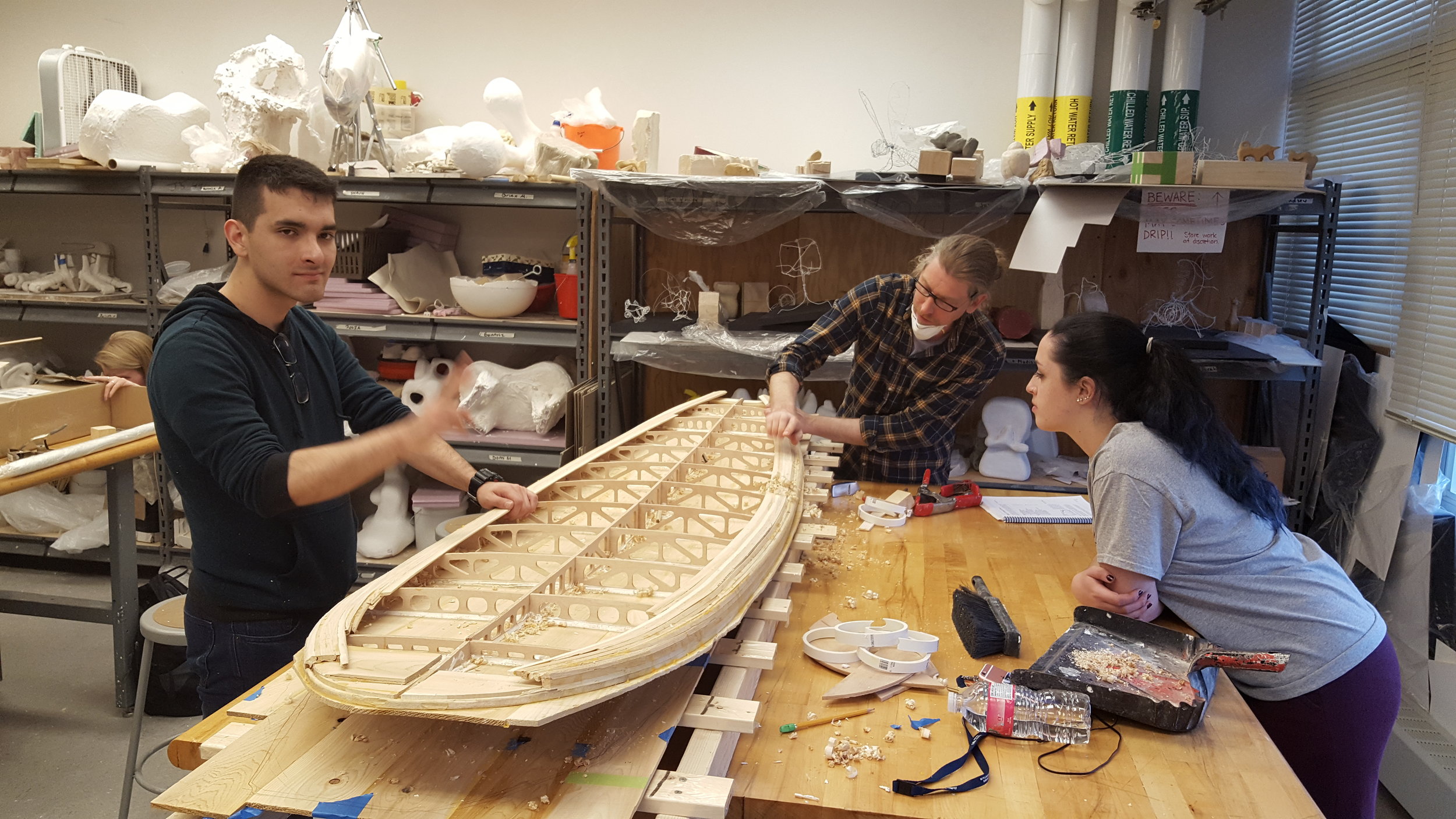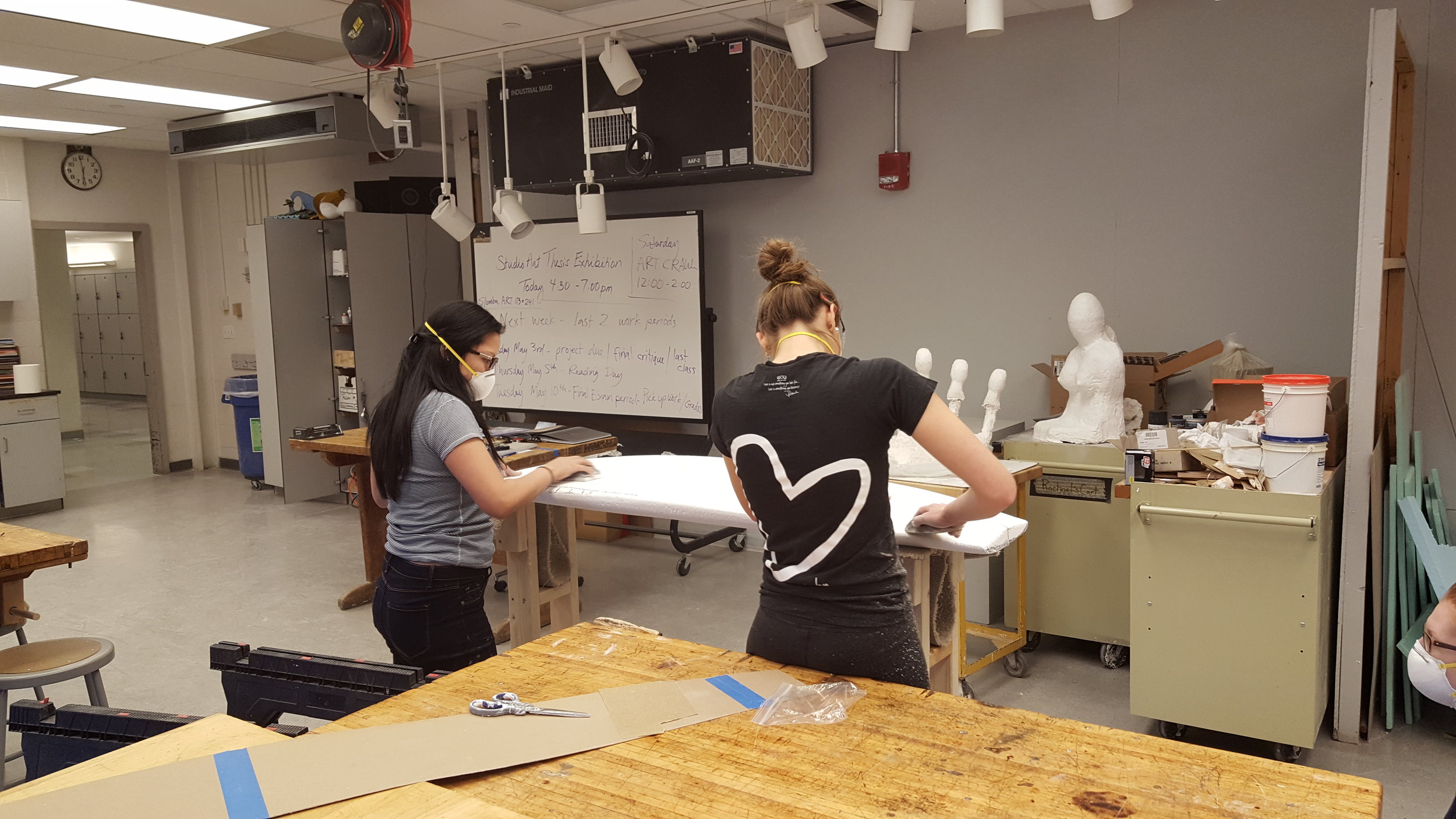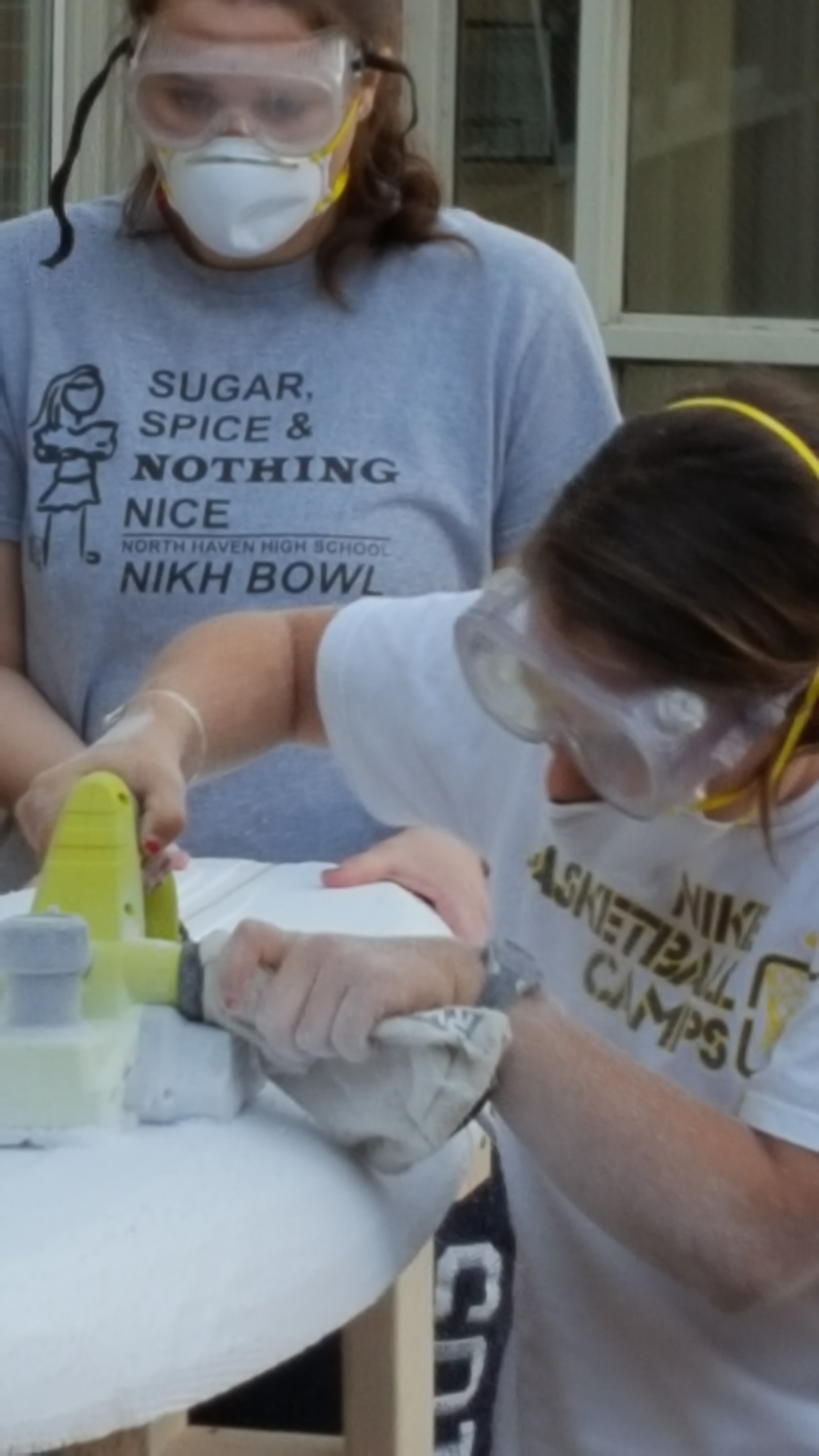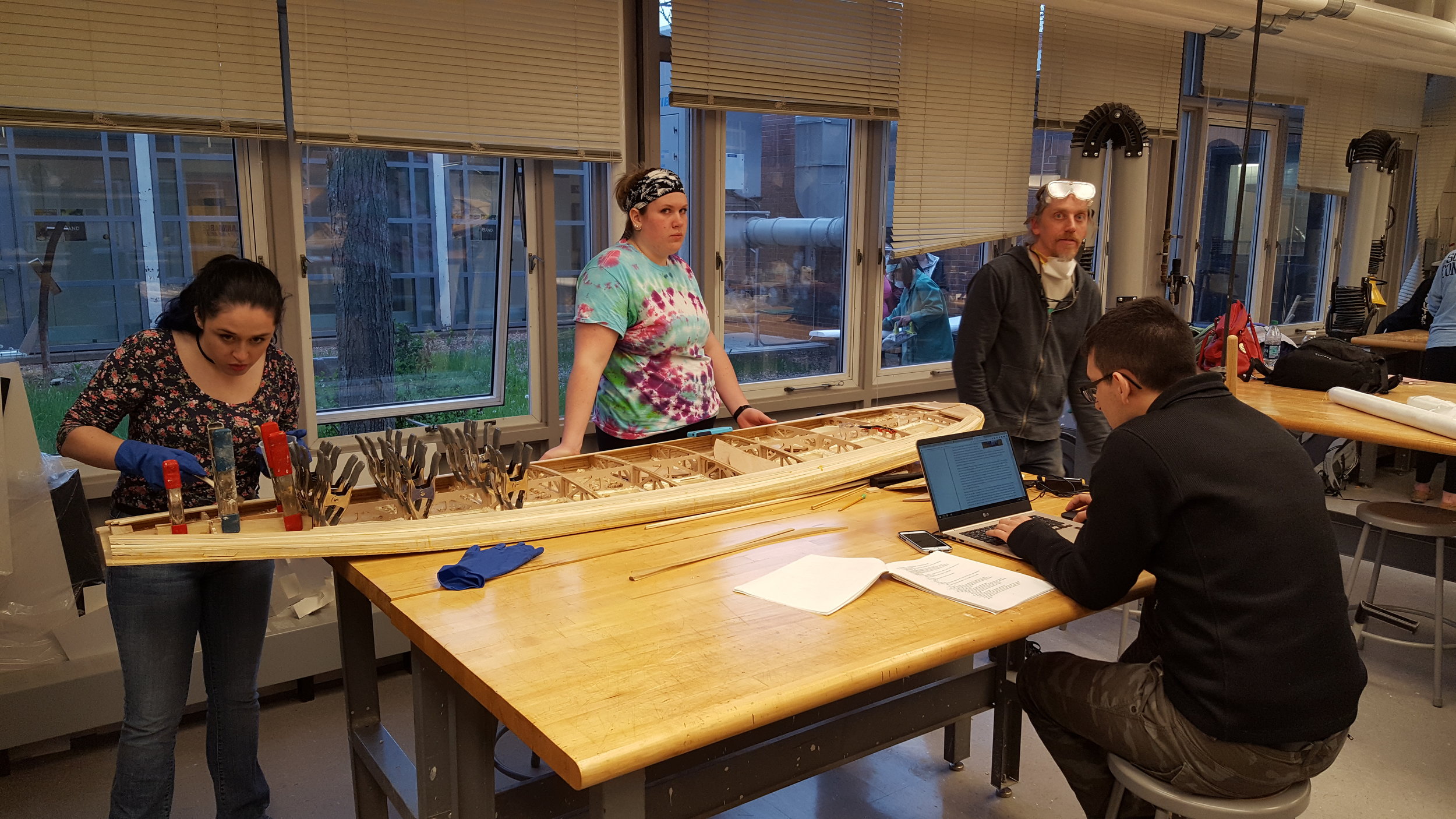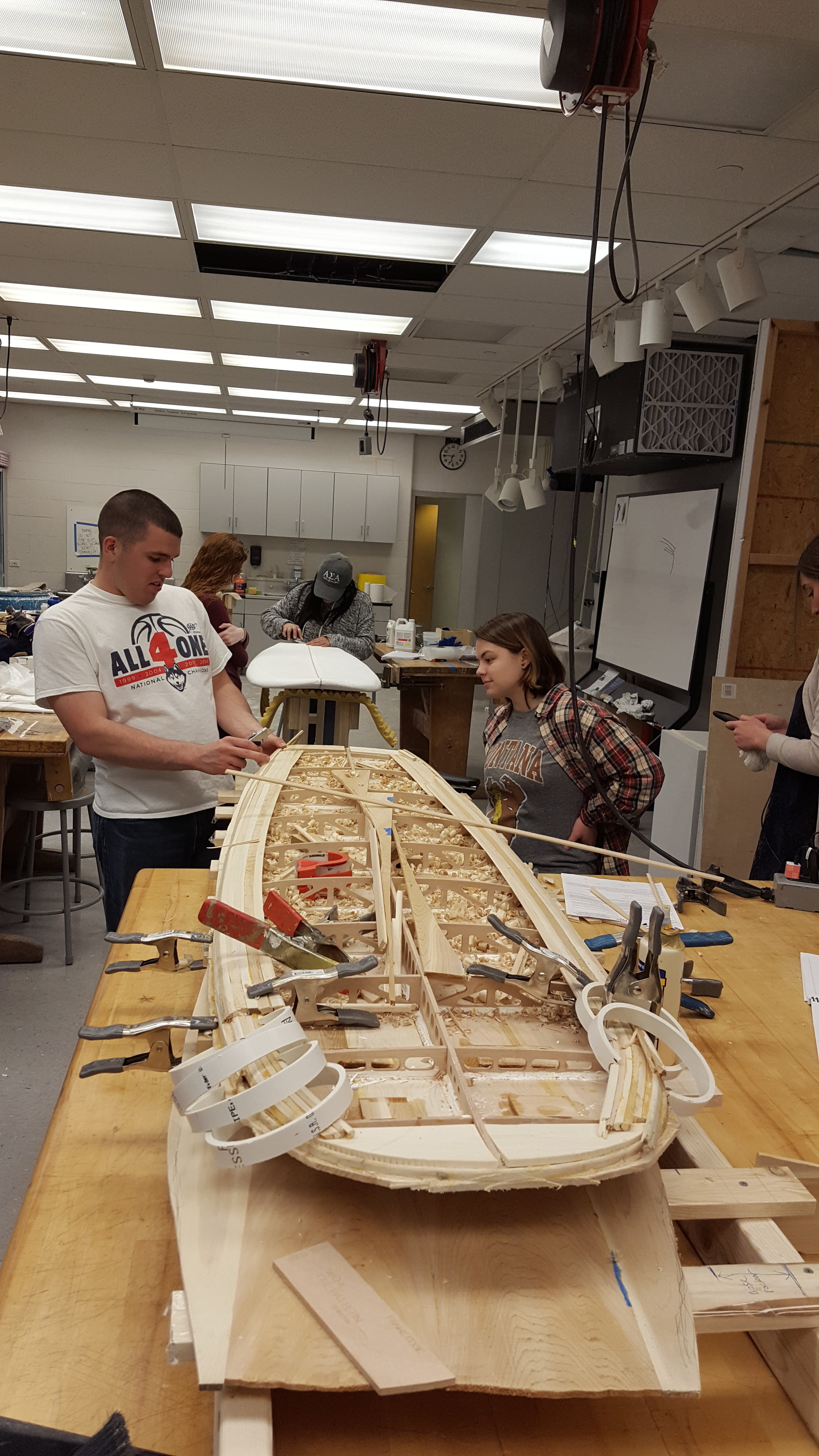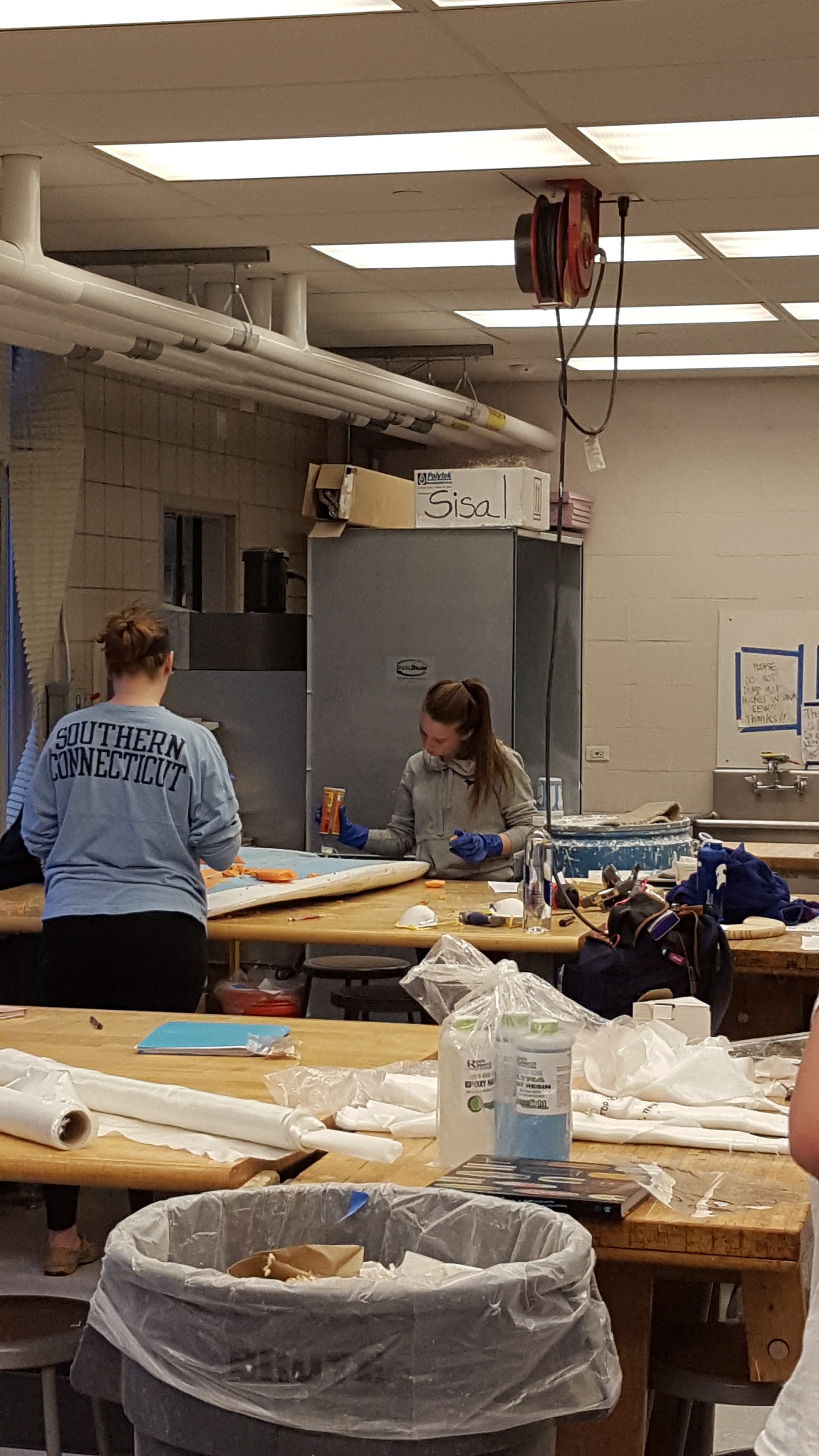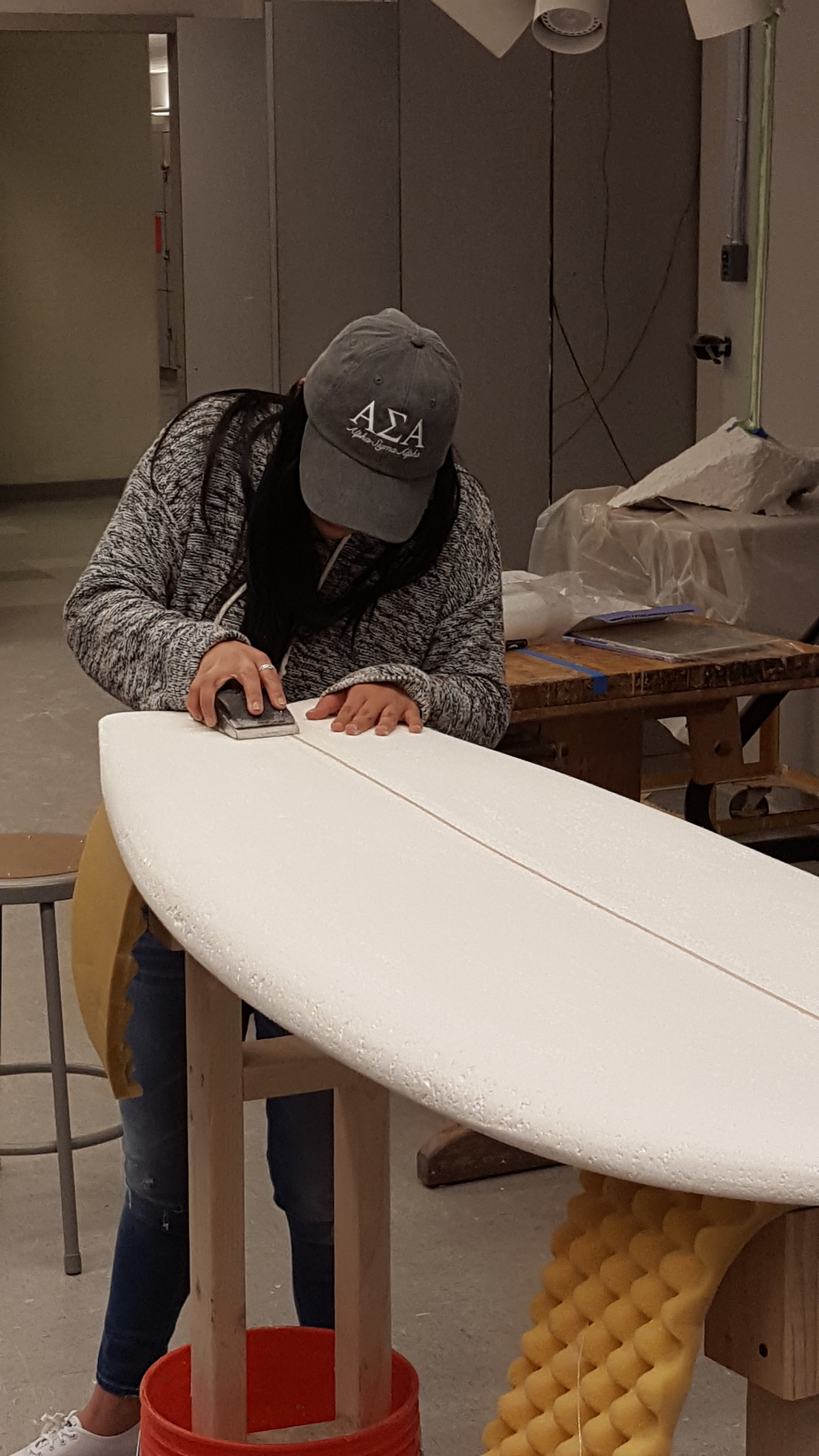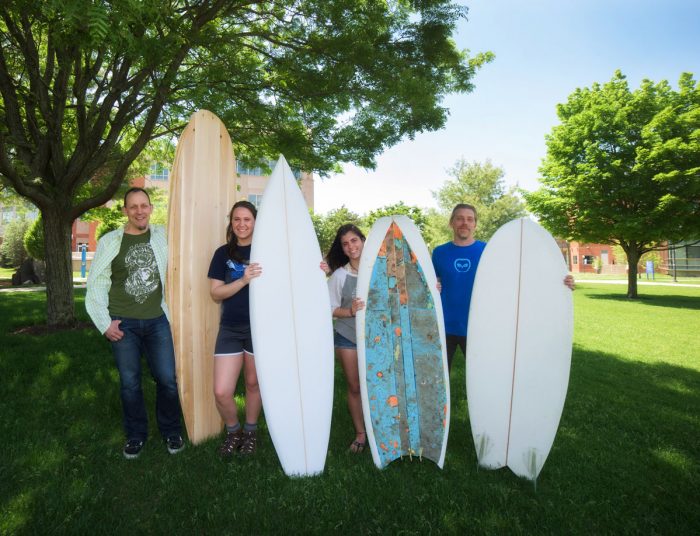Teaching Philosophy
I have come to realize that students enter the classroom with diverse levels of preparation, motivation, curiosity, and interest. However, each student has tremendous potential and can achieve that potential if he or she is individually motivated, treated with respect and fairness, and expected to rise toward that potential. In order to create an atmosphere in the classroom that encourages students to challenge what they perceive to be the boundary of their own potential, I believe that it is important to be clear about my teaching philosophy and the nature of mutual expectations between teacher and student. It must also be clear that this teaching philosophy is an evolving document that requires updating as I evolve and grow as a teacher.
I seek to create an atmosphere in the classroom (and in the field) in which learning and attainment are maximized, an atmosphere for intellectual discovery on a variety of levels. My main goal is to teach "how to learn" rather than to focus exclusively on facts or even concepts. Facts so quickly become outdated; concepts will be forgotten in many cases or may be superseded by new research. It is therefore important to foster an atmosphere where a critical thought process is encouraged—an atmosphere where students are challenged to ask relevant questions. Often, in order to arrive at the right questions, students need to be allowed to take risks and fail. It is my role as a teacher to encourage students to take these failures and turn them into high-impact learning experiences.
Students must acquire the ability to confront, evaluate, assimilate, and synthesize new information, and then apply that information critically, practically, and effectively to decision-making and problem-solving. The development of critical thinking requires active learning and hands-on analysis. Rather than just telling students what something is or how something works, I aim to involve and engage students in actual—ideally transdisciplinary action—research. I believe that critical thinking requires more than just discussion; it requires active field-based learning and hands-on analysis. I have come to believe that spending time in the field is one of the best methods to engage students and to introduce them to the real-world significance of their research endeavors.
As a teacher, I am enthusiastic not only about teaching but about learning, and I work to convey that enthusiasm to my students. Enthusiasm for learning is demonstrated not only by one's demeanor in the classroom but also through the exploration and application of new developments in the discipline. It is demonstrated through the explicit application of course content to current events, the application of active learning techniques, and the appropriate use of instructional technologies.
Courses in my regular course rotation at SCSU:
GEO 290--Research Methods in Geography and Environmental Studies (SPRING)
GEO 357—Coastal and Marine Geography (SPRING)
GEO 490w--Geographic Thought (FALL)
INQ 101—Intellectual and Critical Inquiry: Exploring Sustainability (FALL)
Summer Study Abroad in Iceland
GEO 305w--Environmental Economic Geography
GEO 470--Geographic Field Techniques
Wintersession Study Abroad in South Africa
GEO 405--Environmental Justice
Courses I have taught previously at SCSU:
GEO 100—People, Places, Environments (LEP Tier 2: Time and Place)
GEO 105—Food Systems: A Geography (LEP Tier 1: Critical Thinking)
GEO 200—Human Geography (LEP Tier 2)
GEO 205w—Economic Geography
GEO 345w—Africa
GEO 362w—Urban Geography
GEO 481—Spatial Analysis
HON 150—Critical Inquiry (Honors College; with Brian Johnson, English)
HON 280—The Research Act: Encounter of Theory and Fact
HON 299—Meaning and Materials; Teaching Economic Geography through Sculpture (Honors College; with Jeff Slomba, Art)
URB 500—Research Methods for Urban Studies (Graduate School)
URB 581—-Spatial Analysis for Urban Studies (Graduate School)
Courses I taught at the University of Connecticut:
GEOG 130—The City in Western Tradition
GEOG 160—World Regional Geography
GEOG 233w—Urban Geography
GEOG 246—Introduction to Geographic Information Systems
URBN 140w—Exploring Your Community
URBN 230w—Introduction to Urban Studies
*w--denotes a writing intensive course
Images below are from HON 298 MATERIALS AND MEANINGS—Teaching Economic Geography Through Sculpture—co-taught with Jeff Slomba, MFA in Spring 2016.
Course Description: This cross-disciplinary course ties geographic thought to the materials and processes of creative production. By critically analyzing the globally embedded social, economic and environmental complexities that exist in all material production, students will develop their own artworks that explore the meaning and geographical subtext of the materials from which their creative projects are made. Coursework includes, discussion, field trips, and studio lab instruction. The theme of the course revolves around surfing, the surfboard industry and surfboard creation as the center of our analysis and creative process. [3 credits]
